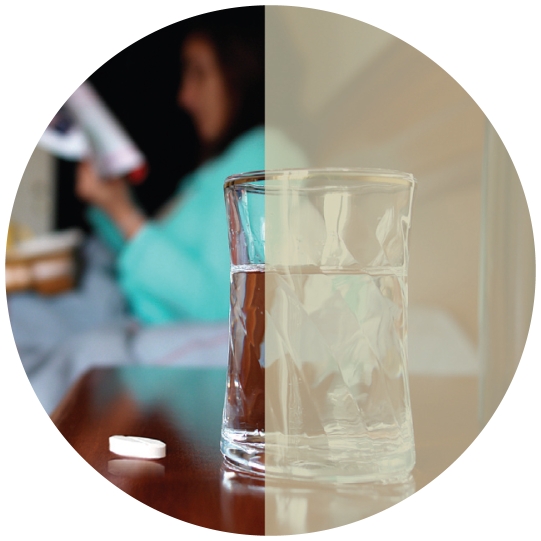As researchers learn more about how metabolism and other functions are linked to circadian rhythm, some see the potential to identify small molecules that could be made into pharmaceuticals that would act on the core clock regulators to treat sleep disorders as well as obesity and related health effects. Others are looking at how changing the time when current drugs are taken may make them work better. For instance, in the September 2008 issue of The Journal of Pharmacology and Experimental Therapeutics, Richard R. Almon and colleagues wrote that taking cholesterol-lowering statins at bedtime, as is currently recommended, may be less than optimal given that HMG-CoA reductase, the target for these drugs, has a maximal expression at approximately 10:00 a.m.

An official website of the United States government
Here's how you know
Official websites use .gov
A
.gov website belongs to an official
government organization in the United States.
Secure .gov websites use HTTPS
A lock (
) or https:// means you've safely
connected to the .gov website. Share sensitive
information only on official, secure websites.
